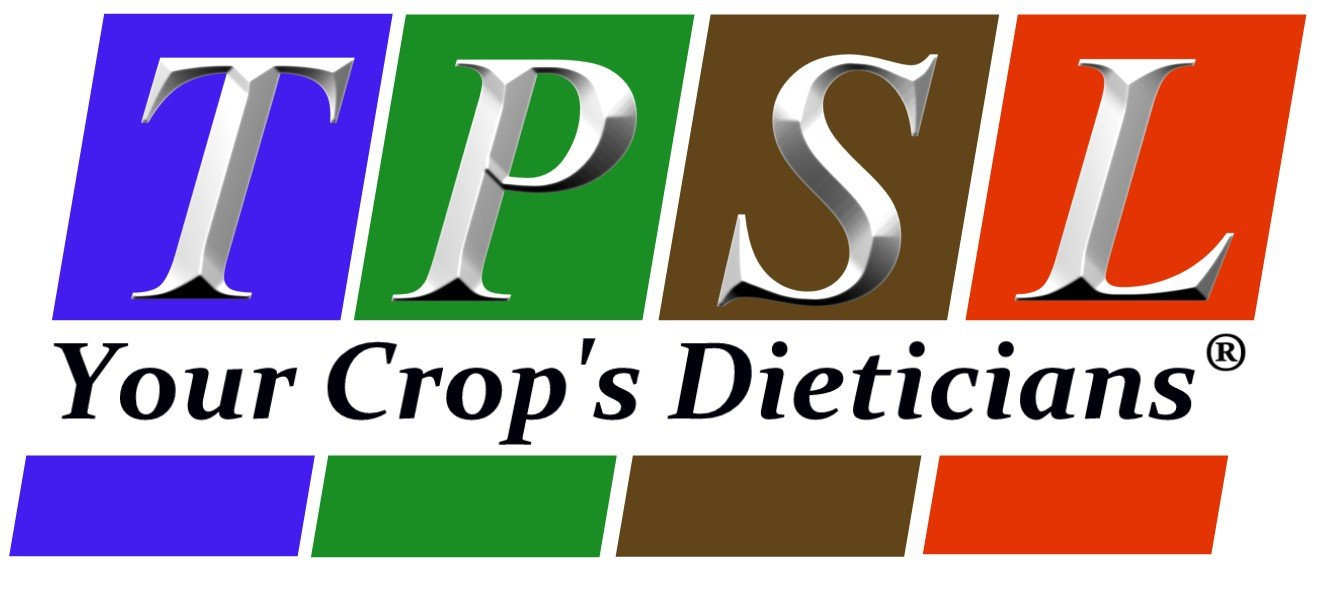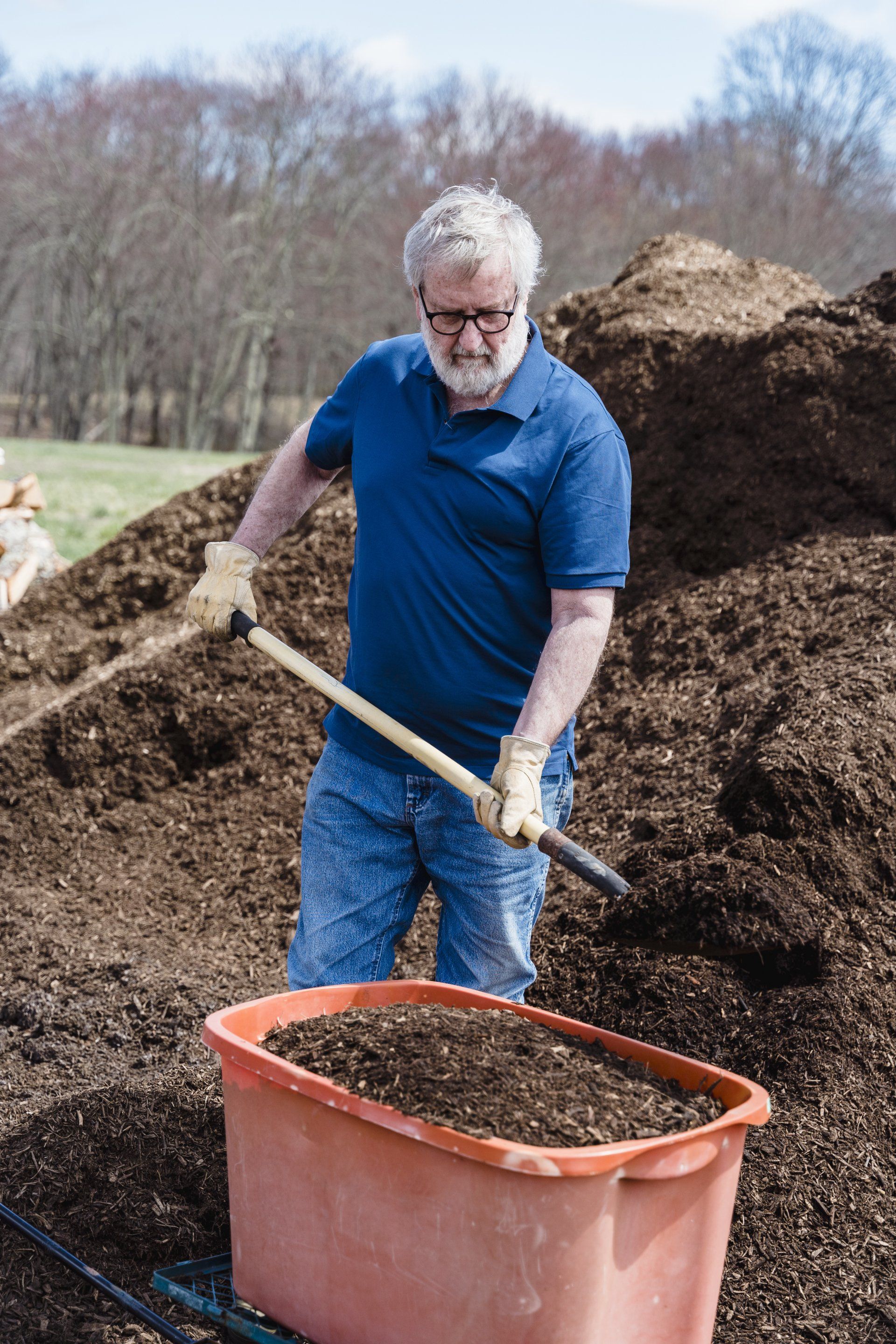The Real Cost of SB3
How Texas' Proposed THC Ban Undermines Compliance, Industry, and Common Sense

As a lab that once offered cannabinoid testing services to clients across Texas, we’ve had a front-row seat to the rise of the hemp industry in our state—and now, potentially, to its unraveling. Senate Bill 3 (SB3), which aims to ban nearly all THC products except for CBD and CBG, is causing shockwaves throughout the sector. And while it may be pitched as a public safety measure, the true impact of this legislation tells a very different story.
A Solution in Search of a Problem
SB3 is being sold under the familiar banner of "protecting our children." The bill’s backers argue that potent THC products, particularly synthetics and edibles, pose a risk to minors. But the data and real-world experience tell a more nuanced story. Most minors aren’t obtaining THC from legal hemp shops or dispensaries. They're getting it the old-fashioned way: from friends, relatives, or the underground market.
If anything, SB3 is poised to do what prohibition-style laws always do: make the legal market disappear while the illegal one thrives. The shops that close won’t be the ones lacing gummies in back alleys—they’ll be licensed, tax-paying businesses that tried to follow the rules.
The Compliance Trap: Vague Standards, Real Consequences
One of the most frustrating aspects of SB3 is its vagueness. The bill attempts to draw a hard line between legal and illegal cannabinoids—allowing only CBD and CBG products—but offers no scientific clarity on what exactly qualifies as compliant. Producers are left guessing how pure their products must be. Is a CBD isolate product with 0.002% delta-9 THC still legal? What if trace amounts of other non-psychoactive cannabinoids are detected by modern testing methods?
This is not a hypothetical concern. High-performance liquid chromatography (HPLC) and other advanced instruments can detect cannabinoids at parts-per-million and lower. Labs doing their job correctly are going to see these trace compounds. So what’s a lab supposed to do—omit the data? Massage the numbers? Turn a blind eye?
Herein lies the trap: Producers want to be compliant, but they also need labs that won’t “narc” on them for minute traces of something the bill doesn’t clearly prohibit. But labs, bound by science, ethics, and liability, can’t become the compliance scapegoat.
The Business of Fear
On closer inspection, SB3 looks less like thoughtful regulation and more like political posturing. It’s a way for lawmakers to appear tough on drugs without fully understanding the science or the industry. The cannabis plant is chemically complex. Completely purifying it to a single cannabinoid, without a trace of others, is extremely difficult and often unnecessary for public safety.
Moreover, many suspect (as we've been told by those in the industry) that powerful lobbying groups—alcohol, pharma, law enforcement unions, private prisons—are all circling the wagons. Cannabis threatens market share. Legal THC means fewer painkiller prescriptions, less alcohol consumption, and reduced incarceration rates for low-level offenses. The politics behind the bill may be less about protecting kids and more about protecting old interests.
Collateral Damage: The Voices You Don’t Hear
SB3 will not stop cannabis consumption. What it will do is put hundreds of small businesses in jeopardy. Mom-and-pop producers. Veteran-owned extraction labs. Family-run CBD shops in rural counties. These are not faceless corporations—they’re the backbone of the industry and the communities they serve.
The law will also create impossible expectations for labs. We’ve already received emails from businesses asking for assurances that their product will "test clean"—essentially asking labs to shift the burden of compliance onto their shoulders. That’s not how science works, and it's not how the legal system works, either.
So Where Do We Go From Here?
We’re no longer in the hemp testing business, and truthfully, SB3 gives us even less reason to return. Not because we don’t believe in the industry, but because the risks have become unreasonable. Labs can’t operate in a regulatory fog where science and policy are at odds.
If this bill becomes law, we expect a chilling effect. Labs will exit the space. Producers will move operations to friendlier states—or go underground. Meanwhile, consumers will have fewer choices and more risk.
What Texas Needs Instead
Texas doesn’t need SB3. What it needs is:
- Clear definitions based on science, not politics.
- Realistic testing thresholds that reflect natural variances in hemp-derived products.
- An enforcement model that punishes bad actors, not honest businesses trying to comply.
- Engagement with stakeholders, not legislation written in a vacuum.
The hemp industry in Texas has been a source of innovation, entrepreneurship, and economic growth. We urge lawmakers to rethink this bill—not because we oppose regulation, but because bad regulation hurts everyone, and this bill is a prime example.
Final Thoughts
SB3 isn't just a poorly written law—it's a policy iceberg drifting toward an industry that was just beginning to find its footing. We owe it to our clients, our communities, and the future of Texas agriculture to demand better.
Until then, we’ll keep doing what we do best: telling the truth, based on data, and standing by the science—even when politics won’t.



